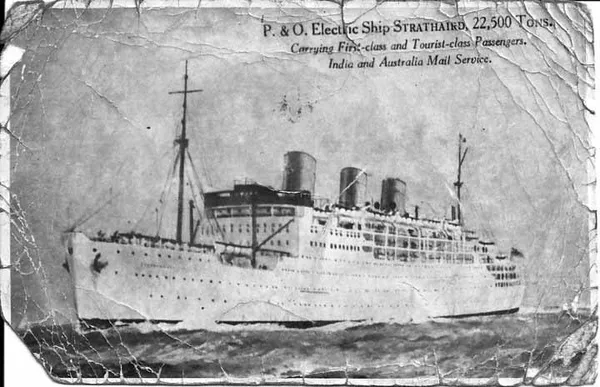Eye For Film >> Movies >> Tree Fellers (2004) Film Review
Tree Fellers
Reviewed by: Jennie Kermode

In 1942, the British government faced a quandary. As it sent its young men off to war, women were replacing them in many vital roles in industry, but some jobs required a levels of skill which simply couldn't be taught at speed, or a degree of physical strength which the popular wisdom of the time held that women could not attain. One such job was tree felling, and supplies of lumber were essential for the war effort. What to do? As so often in its hour of need, it reached out to its colonies and so it happened that 900 lumberjacks travelled from Belize to Scotland to work. In Sana Bilgrami’s documentary, which was made in 2006 and recently plucked from the archives by the Glasgow Film Festival, some of them tell their tale.
Even today, Scotland's population is 96% white, and almost universally so across much of the highlands. Back in 1942, when most people didn't travel and there was no TV, the villages beside which the lumberjacks were stationed were full of people who had never seen a black man. The lumberjacks recall encountering not so much racism as fascinated curiosity. Children who know very little of the world assumed they came from Africa, though all of that continent was a jungle, and were amazed that English was their native tongue. The young women of the villages reacted in a rather different way. Most of them would rarely have met any young man they hadn't known from childhood, let alone men from a faraway place who had great stories to tell. Six marriages were contracted in a very short space of time, causing quite a scandal. Bilgrami presents us with newspaper pages full of reports about young women arrested for shocking behaviour when visiting the lumberjacks' camp.
Naturally, when it all came to an end, some of the men chose to settle in Scotland. One of them, aged 90, proudly shows off pictures of his extensive family. There's a sense of great warmth and joy to all these stories. The authorities may have disapproved of integration but for the lumberjacks and villagers alike, it was a splendid adventure.
These human stories sit alongside reflections on the actual work that the visiting lumberjacks did. Archive footage shows them at work as, in voiceover, they describe the differences between this and the work they were used to back home, with different types of trees in different conditions. Bilgrami supplies just enough technical detail to make this interesting without overwhelming the lay reader. The richness of the archive material throughout the film is impressive and it helps her to achieve a very strong sense of place and time. One standout photograph sees a man relaxing on a bench whilst children look up at him eagerly, keen to learn more, to expand their horizons.
This little known story will fascinate people with an interest in wartime history, and Bilgrami deserves great credit for preserving it before the material could be lost, before memories were lost. It's a lively and engaging film full of the joy of discovery.
Reviewed on: 08 Mar 2021















